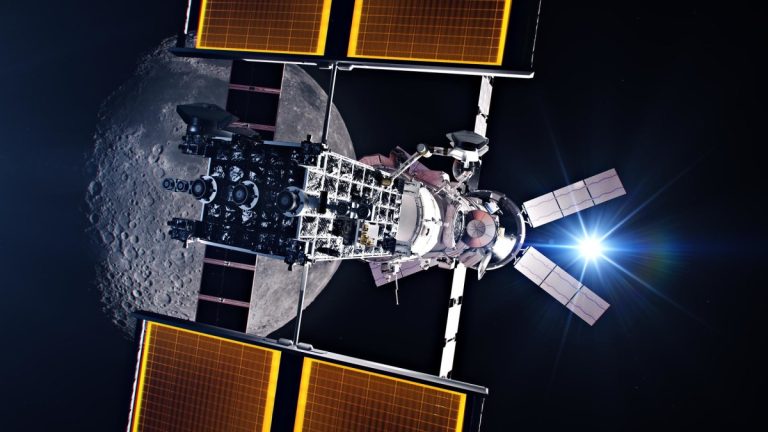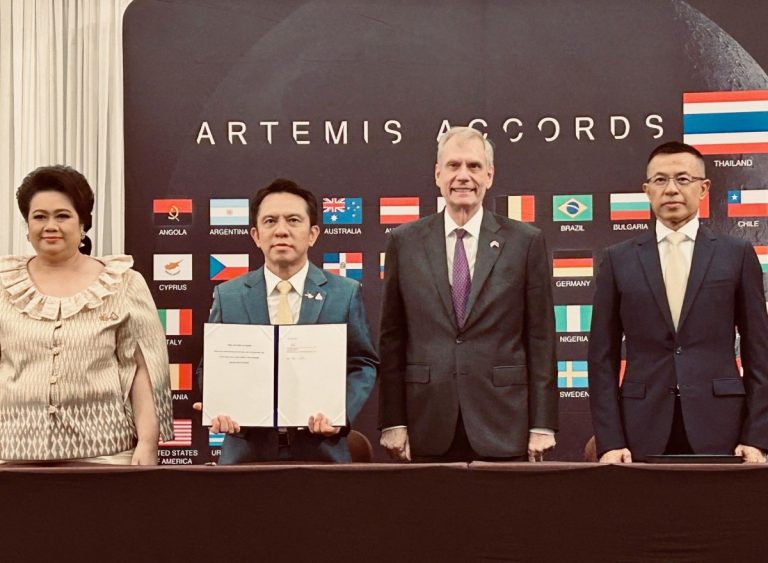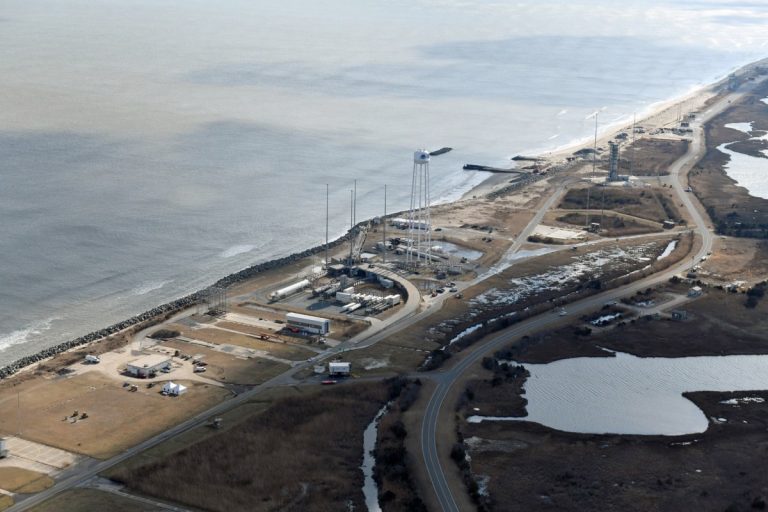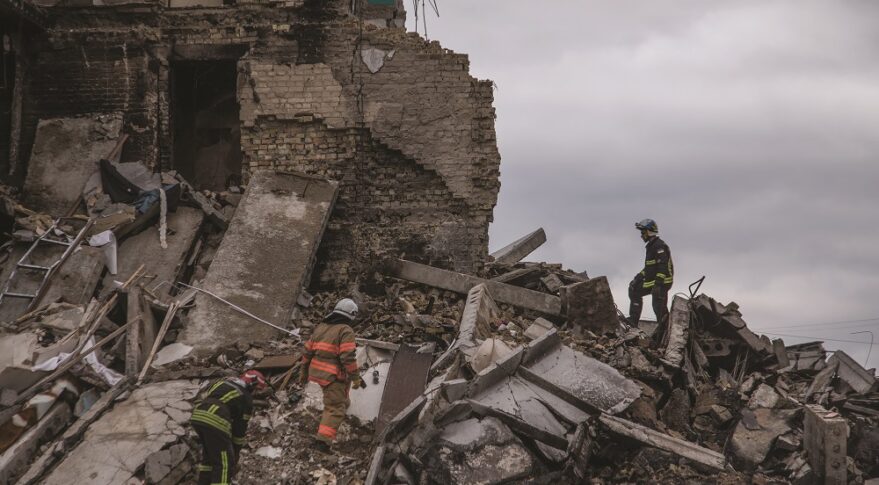
War in Ukraine shifts priorities among European government agencies (Image Credit: Space News)

European civil and military space organizations are revising budgets, programs and policies in light of the war in Ukraine.
“For ESA, one of the lessons learned from the conflict is that we need to have an autonomous transportation capability,” Stefaan De Mey, European Space Agency senior strategy officer for Human and Robotic Exploration, said during a World Satellite Business Week panel discussion. “That is actually the problem number one.”
Defense agencies, meanwhile, have recognized the value of commercial space services.
“The NewSpace strategy from the U.S. is actually working right now,” Col. Guillaume Bourdeloux, Commander of the French Space Command’s Space Operations Brigade, said during a panel on military space at World Satellite Business Week. “Using contracted services for satellite observation, not to mention communications, is key to Ukraine right now.”
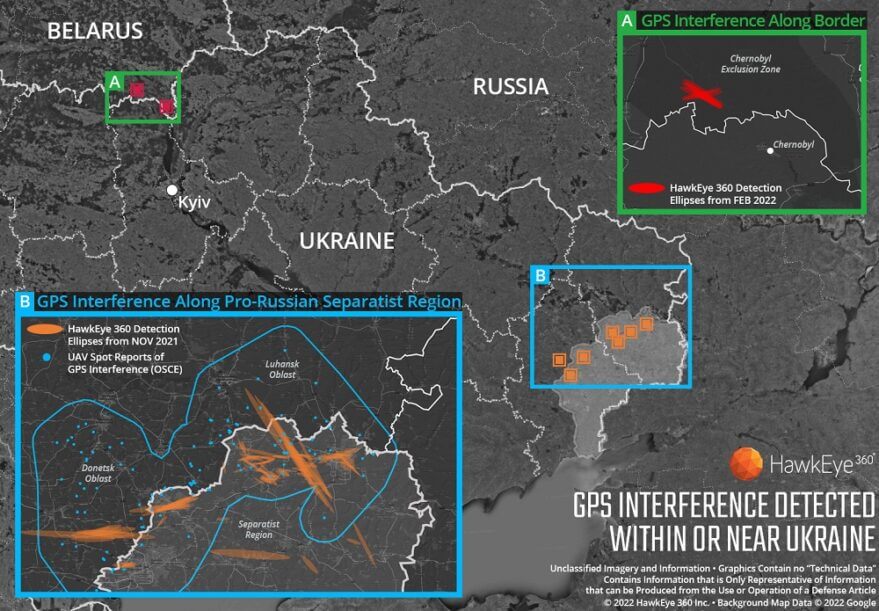
Europe’s space sector continues to grapple with the fallout from Russia’s invasion of Ukraine. Roscosmos’ decision announced in February to halt Soyuz launches from French Guiana in response to European sanctions has left ESA scrambling to find alternative transportation for Galileo navigation satellites, the EarthCARE Earth science mission and the Euclid infrared space telescope. Without Soyuz, France also is searching for a way to launch its CSO-3 reconnaissance satellite.
“We cannot be dependent on other partners to launch our satellites,” French Prime Minister Élisabeth Borne said at the International Astronautical Congress. “We cannot tolerate that.”
Demand for Europe’s own launch capabilities is translating to proposals to hike funding for space agencies in general and for launch vehicles specifically. At the ministerial council in November, ESA will seek $18.7 billion euros, a roughly 25% increase in funding from member states.
In addition to backing for Ariane 6, which is scheduled to fly for the first time next year, and Vega C, slated to deliver a pair of Airbus Defense and Space Pléiades Neo Earth-observation satellites to low Earth orbit on its second flight in November, commercial launch vehicle developers expect the war in Ukraine to increase funding for their efforts in Europe.
“The war in Ukraine certainly has underscored the fact that people want to have their own capabilities from a political flexibility perspective,” Lee Rosen, chief operations officer of Skyrora Ltd., a launch vehicle developer based in Scotland, said in an interview. “If Ukraine had its ability to replenish its own reconnaissance satellite capability or communication satellite capability, I’m sure that they would be very happy to do that.”
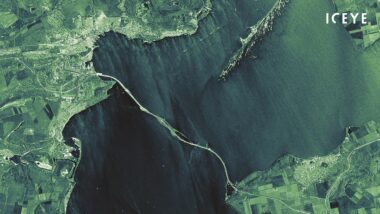
Military space agencies, meanwhile, are expected to increase funding for Earth observation, space situational awareness and communications.
The war in Ukraine has demonstrated the value of various Earth-observation satellites, including optical constellations offering frequent revisit rates, radar satellites and radio-frequency-monitoring constellations, Bourdeloux said.
The value of satellite communications was underscored at the outset of the war by the Russian cyberattack that knocked tens of thousands of Viasat modems offline.
“Communications coming from space are key in this war in terms of tactical efficiency, but also command and control,” Bourdeloux said. “NewSpace is here, and it’s working.”
The conflict in Ukraine also has highlighted the importance of space situational awareness.
Three months before Russian tanks rolled across Ukraine’s border, Russia destroyed one of its own satellites with a direct-ascent antisatellite missile.
From that moment on, French Space Command began paying even closer attention to space domain awareness.
“What we see from a French Space Command perspective is actually the start of orbital warfare,” Bourdeloux said. “We see tactics going on in space, where the competitor is trying to deceive us so that we don’t see them and don’t understand what they are doing. Of course, it’s just the start, and we want to make sure we can detect and attribute those issues.”
Since the war began, Luxembourg has revised its space priorities. Before the conflict, Luxembourg was investing in the development of future capabilities for its armed forces. Now, the focus is more short-term.
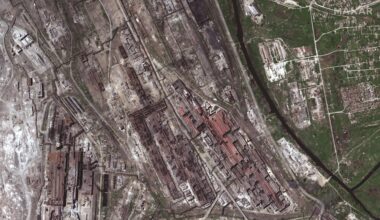
“We are very focused on delivering equipment and system that can be used by the armed forces,” said Geoffroy Beaudot, space and cyber head for Luxembourg’s Ministry of Foreign and European Affairs Defense Directorate. For example, Luxembourg has made it a priority to deliver commercial Earth observation and satellite communications services that can be used directly by Ukrainian armed forces because “national assets that we have in Luxembourg cannot be directly given to the Ukraine force because it could be considered as a weapon system used by the forces outside of NATO countries,” he added.
For the European Union Satellite Centre (SatCen) based in Madrid, which provides geospatial intelligence and training, the war prompted a shift in tempo rather than priorities.
“It definitely pushed us off a kind of normal rhythm,” said SatCen Director Ambassador Sorin Ducaru. “SatCen has a regime of being 24/7 on call, but the call was now always there. This unprecedented situation has increased the rhythm and the speed of reactivity.”
The conflict also underscored the need to automate Earth observation tasks, “to have automatic recognition of infrastructure or military equipment,” Ducaru said. “It enhanced the recognition of the value of such geospatial analysis capabilities.”
This article originally appeared in the October 2022 issue of SpaceNews magazine.


